I am at the front of the room, facilitating conversation with the ten teenage girls who signed up for the seminar. I don’t have any experience with youth ministry but I was willing. In a small country parish, that is enough.
I recognize a few of the faces in front of me, members of faithful families who have “regular” pews. I’m not sure why the others are here. Perhaps someone convinced them to come or they were so desperate to get out of the house during the summer weeks that they showed up. Their faces are a blend of emerging confidence and awkward child-likeness. They are lovely and quirky, innocent and fear-filled.
On brown paper, written in my fanciest handwriting, is our theme: You Were Made to SOAR! The themes are bulleted below: Sacraments, Silence, Service and Renewal, Relationship, Real Joy. At the moment, I’m setting the stage to talk on the topic of silence.
“Some describe silence as going into your inner room. A place inside where you are safe and calm and you can talk to God — even if everything on the outside is crazy.”
We flip to Matthew’s Gospel and read about going to your inner room. I talk about the holy witness of people who were imprisoned and couldn’t “do” anything to serve God that we still recognize as saints. Their eyes indicate engagement; the ever-so-slight creases on their foreheads show it’s not quite clicking yet.
I hesitate for a moment and glance downward around the bland classroom, a little unsure about sharing something vulnerable. When I was their age, I always felt like I was on the outside from my peers. The little girl in me is still afraid: Were they going to judge me? To ridicule something precious?
“For example, when I am trying to get serious about silence, I envision a cozy cabin in my mind.” I glance up to see if it will be okay to continue with the illustration. Seems so.
“I roll up the thick carpet on the floor to reveal a trapdoor. With a candle in my hand, I open the door and descend into the dark cavern below. It’s a cool, safe space –no spiders!– and when I am ready, I blow out the candle.That’s my inner room.”
From the looks on their faces, I *think* the concept has clicked now. It’s okay to transition to the next step.
We walk over to the church, and I prep them, “I am going to play two songs and then, we are going to sit in silence for three minutes. It might feel like a long time but I’d like you to think about YOUR inner room.” My nervous energy hasn’t dissipated. Something in me wants their approval, wants them to think I am cool. I push the arrow button on my outdated technology and the songs fill the space, a musical repetition of the phase: ”Open the eyes of my heart, Lord.”
When it’s time for us to be silent, the seconds creep by, and the creak of the pews is a telltale sign of the girls shifting uncomfortably in their seats. When I glance around the open space, there is a definite awkwardness lingering in the air; a couple of the girls are giggling into their hands. I’m tempted to cut it short but keeping my eyes focused on the rounded edge of the pew in front of me, I push forward with the plan.
The time of silence blessedly comes to an end and when we walk back to the hall, the girls fall into small groups to chitchat. I trail behind and try to come up with a backup plan to fill time if needed.
As we settle back into the session, I pose the question, “Would anyone like to share about their inner room?” My voice is upbeat and confident but my spirit fears that awkward silence will again fill the space. A moment passes.
But then, they begin.
“I was at the ocean, the noise of the water blocked out all the other noise.”
“I thought about the couch in my house…I knew my family was nearby but I was alone.”
“I thought about crawling inside the tabernacle in the church.”
“I imagined myself in bubble that was filled with love.”
My heart rejoices at their responses. “Thank you, Lord”, I shoot a silent prayer.
One brave girl pushes back. “I don’t get it. I don’t know what everyone is talking about.” The blue streak in her long hair is apparent as her fingers seek out split ends.
I affirm her willingness to speak the truth of her experience and try to say it another way. “You know that voice in your head that can be really mean, that tells you all sorts of nasty things about yourself?!? I am trying to suggest that there is a place inside of you where even that voice is quiet. And that’s the place that you talk to God.”
Her eyes shift slightly and a flicker of impact is momentarily revealed. She continues to push back but now, it is for the sake of rebelling. “Yah well, I don’t get it.”
“That’s okay. Stay open to the idea and maybe some day it will make sense.”
We push on to the rest of the day’s content, talking about how a sacramental worldview and silence help you to understand how you are to serve. Service is a theme the girls connect with easily and the conversation flows naturally. The tension I have been holding in my shoulders begins to release.
At the close, we gather around a candle and I invite everyone to share their prayer intentions out loud. Their voices ring out in the silence as we make our requests known to God. I am troubled by the magnitude of what they carry.
“For my mom who is fighting for her life with cancer.”
“For my friend who has to leave her foster home.”
“For my cousin who is in jail.”
That night, I open the door of my secret place, the rustic cabin of my mind. The floorboards creak as I walk to the center of the space. Lowering to my hands and knees, I roll the thick carpet and raising, stash it in the corner. My fingers grasp the metal handle of the square door to reveal a wooden staircase and raising it, I descend, bringing the glow of a candle into the space momentarily.
In the silence of my inner room, I recall each of their faces. I sit on the cool of the floor in the dark chamber and I pray.


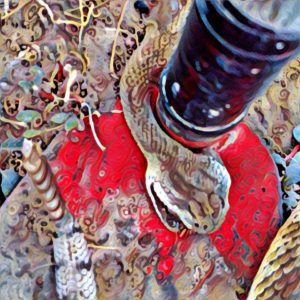
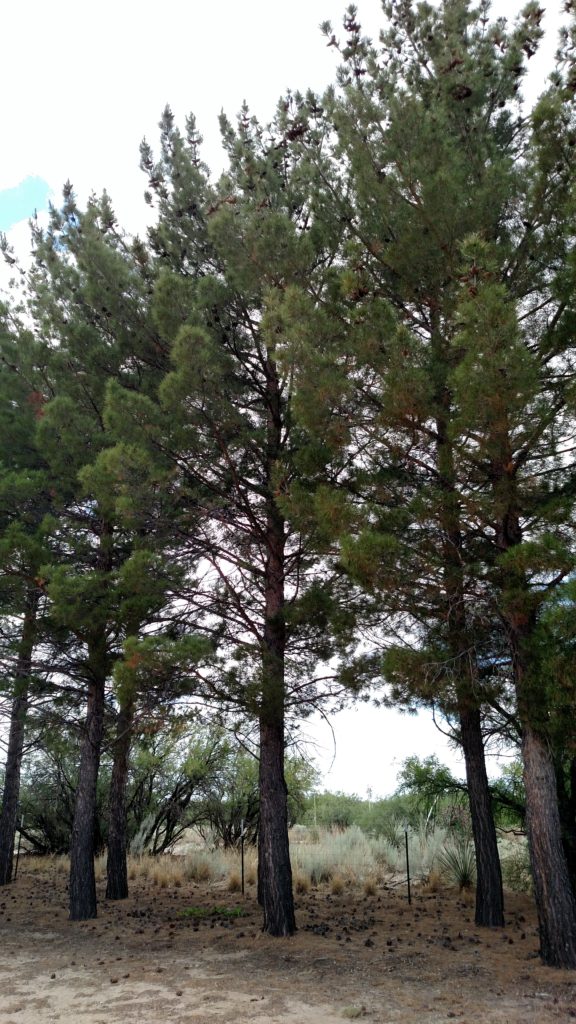
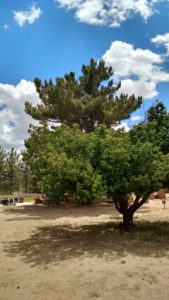
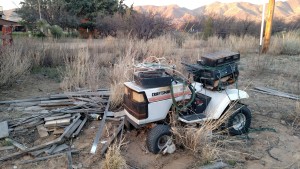



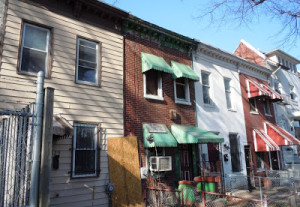



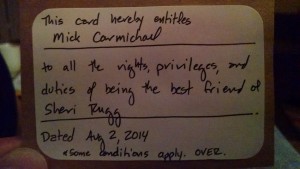 ups and downs. A year of phone calls sharing good news and tears. A year of advice as decisions were made and support as hard times were confronted. A year of visits and gifts and travel.
ups and downs. A year of phone calls sharing good news and tears. A year of advice as decisions were made and support as hard times were confronted. A year of visits and gifts and travel. 
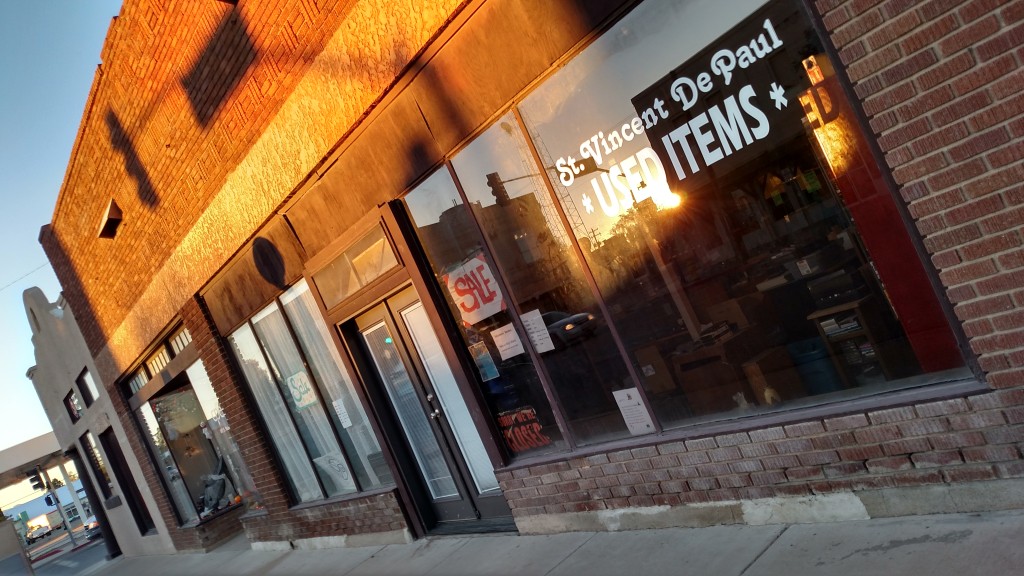
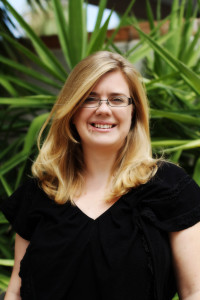


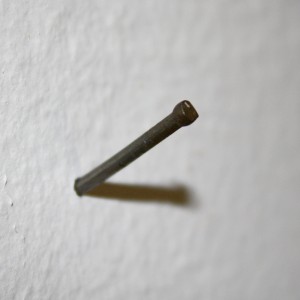 rtunity opened up, I would move.
rtunity opened up, I would move.